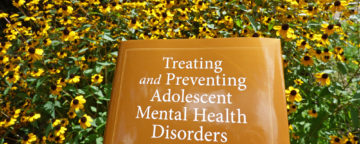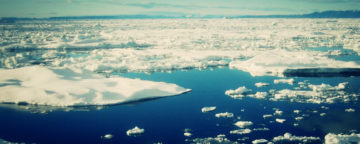"Treating and Preventing Adolescent Mental Health Disorders" is now available to researchers, medical practitioners, and the public as a free e-book on Oxford's website.


"Treating and Preventing Adolescent Mental Health Disorders" is now available to researchers, medical practitioners, and the public as a free e-book on Oxford's website.

APPC researchers urge scientists to engage with the public on scientific issues but caution them to carefully choose their audiences and avoid two-sided debates explicitly framed as conflicts.

Scientists can minimize the likelihood that their message will be rejected in a politically polarized environment by avoiding advocacy, relying on trusted sources, and inviting the audience to understand the evidence that justifies the scientific conclusion, according to a new study by Annenberg Public Policy Center researchers published in the Proceedings of the National Academy of Sciences. It showed that conservatives were able to draw the correct inferences about the downward trend in the Arctic sea ice despite exposure to a misleading Fox News report.

Olga Kamenchuk, Ph. D., is a visiting scholar from the Moscow State University of International Relations, where she chairs the Sociology of Mass Communication department. She talks about her public polling work at VCIOM, the leading Russian opinion research center, her international research interests, and her work at APPC.